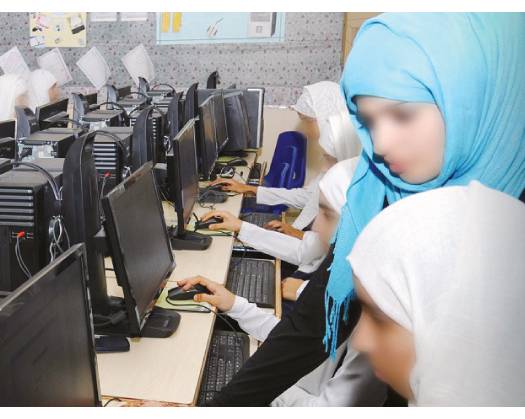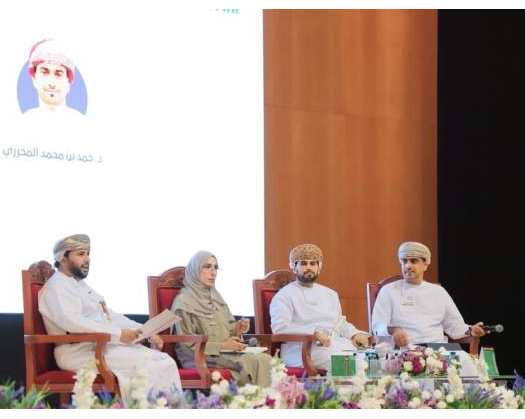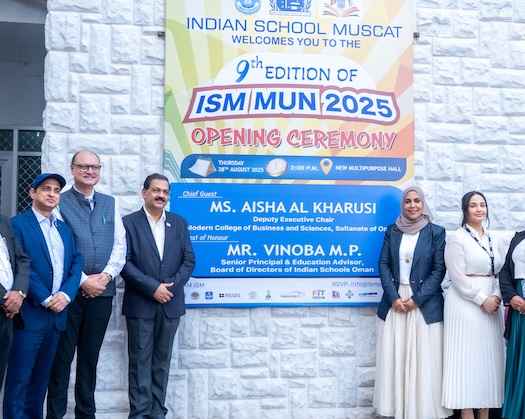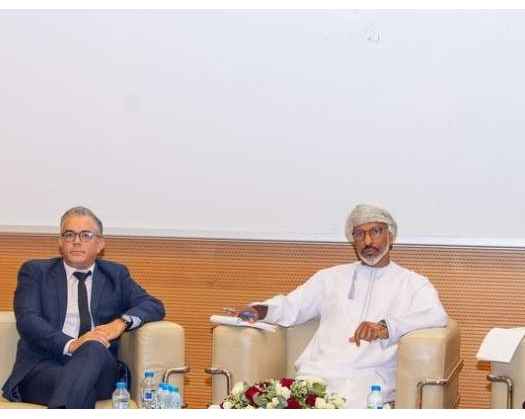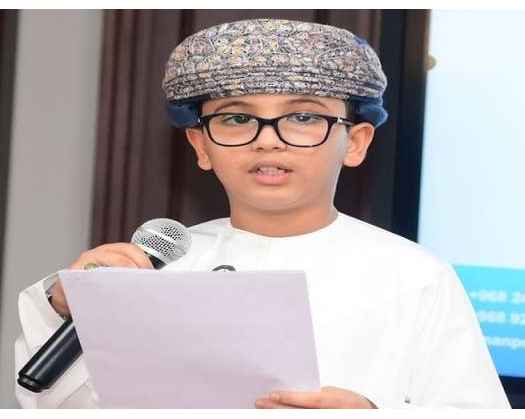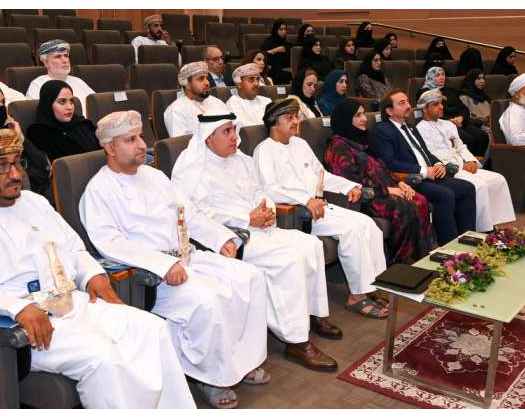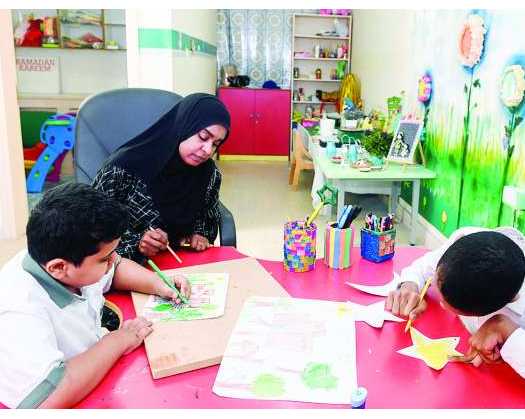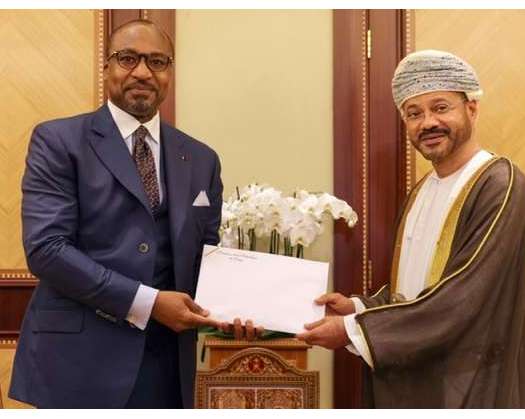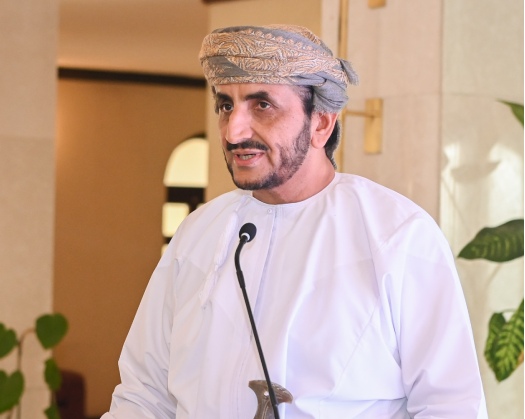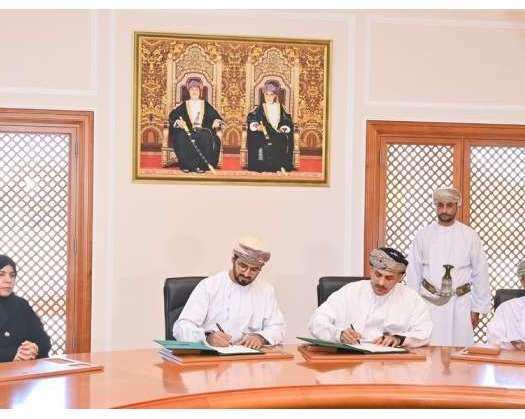Muscat: Dr. Mohammed bin Humaid Al Wardi, a member of the State Council, emphasized the significance of financial, economic, and social sustainability in the 2024 State Budget. He stated that achieving financial sustainability involves addressing the deficit and managing public debt, which has already been accomplished. The government is also focused on attaining economic sustainability by working towards the predetermined targets for the economy.
In terms of social sustainability, the budget will continue to support the essential social services provided to the citizens. Notably, the education sector has been allocated approximately OMR2 billion, which encompasses both the current budget spending and development projects. These projects include the establishment of 15 new schools, issuing tenders for 20 new government schools, and the establishment of the University of Technology and Applied Sciences in Musandam Governorate.
Dr. Al Wardi further highlighted the allocation of OMR1 billion for health projects. This funding will cover both current and development expenses, including the establishment of three government hospitals in Samail, Al-Namaa, and Al-Falah, as well as the completion of seven government hospitals and other health centers.
In the housing sector, the Minister of Finance announced during the budget media meeting that the Sultanate is implementing an approach to expedite loans granted to citizens for the construction of their homes.
He also suggested the establishment of a lending portfolio valued at OMR1.9 billion, which will benefit nearly 60,000 families. The government's role will be to provide partial support for the lending portfolio in order to expedite housing construction and provide loans to citizens. Dr. Al Wardi emphasized that this initiative will primarily contribute to the social well-being of citizens and also stimulate the local economy, particularly small and medium-sized companies.
According to Dr. Al Wardi, the promotion system will be based on a project on proficiency system, following the completion of formalities for the batches of 2014, 2016, and 2015. This urgent popular demand has been addressed, and it has several key benefits. It will improve the purchasing power of deserving citizens, enhance employee productivity, boost morale, and ultimately stimulate productivity. These outcomes will directly or indirectly benefit the national economy.
In an interview, Mohammed bin Ahmed Al Barashdi, the Director General of Budget at the Ministry of Finance, stated that the 2024 budget aims to achieve various economic and social goals. The primary objectives include ensuring financial sustainability, achieving a minimum economic growth rate of three percent, and maintaining inflation rates at three percent or lower.
Furthermore, the budget will continue to allocate financial resources for essential sectors such as healthcare, education, housing, and other areas. It will also support the operations of the Oman Future Fund and maintain existing services, as well as sustain ongoing development projects that were approved in the previous budget.
In terms of financial statements, the 2024 budget has been formulated based on an average oil price of $60 per barrel and an average daily production of 1.0 million barrels per day, according to Al Barashdi.
Oil revenues, including both oil and gas, accounted for OMR7.5 billion, which represents approximately 68 percent of the total revenues. On the other hand, non-oil revenues amounted to OMR3.5 billion, making up 32 percent of the total revenues, as stated by the Director General of Budget.
The total public spending reached OMR11.65 billion, resulting in a deficit of OMR640 million. To cover this deficit, the budget proposes utilizing the $60 per barrel oil price, borrowing OMR240 million, and withdrawing OMR400 million from reserves.
Dr. Saeed bin Mubarak Al Mahrami, a Finance Professor at Sultan Qaboos University (SQU), highlighted through his official account that the Sultanate of Oman successfully reduced its public debt from OMR20.8 billion to OMR15.8 billion within a span of three years, effectively eliminating OMR5 billion.
Additionally, Al Mahrami emphasized that the Sultanate of Oman remains committed to timely payment of benefits, with debt service amounting to approximately OMR3 billion. As a result, it has already paid OMR8 billion over the course of three years.

